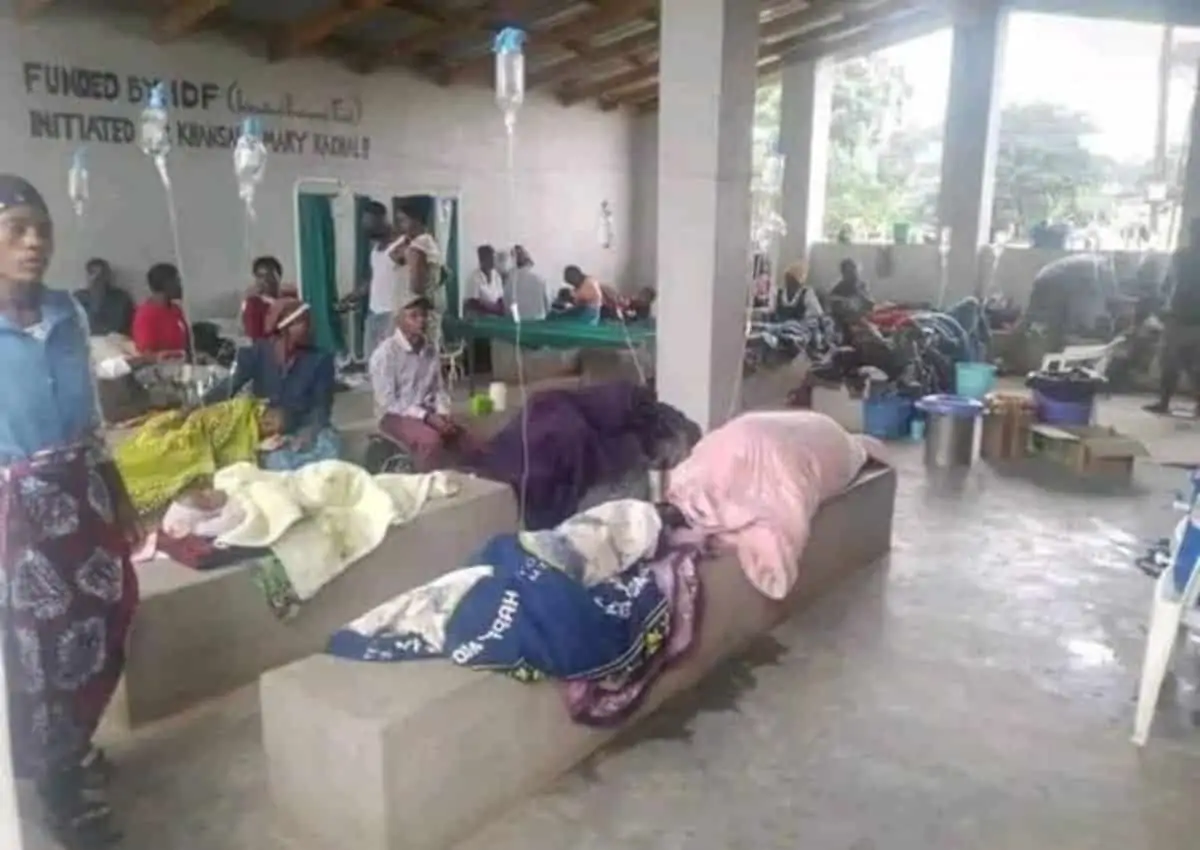The National Institute for Communicable Diseases (NICD) has issued out an alert to South African healthcare workers to be on the lookout for cholera cases.
This after an outbreak in Malawi and an increase in the number of diarrhoea cases which have been reported in Bulawayo Zimbabwe.
The NICD reported that Malawai had recorded more than 11,000 cases and at least 339 deaths between March and December.
“All health districts in the country have been affected. Although cholera cases have not yet been reported in Mozambique, the risk of importation of cases from Malawi to neighbouring countries remains high.
“In addition, an increase in the number of diarrhoea cases has been reported in Bulawayo, Zimbabwe. Between May 2022 and November 2022, over 3000 cases were reported, with the majority from three suburbs in Bulawayo, namely Luveve, Magwegwe and Mzilikazi.”
The NICD has issued a high alert warning to South African healthcare workers dealing with patients showing symptoms of cholera, particularly patients who have a recent history of travelling to neighbouring countries such as Malawi, Mozambique or Zimbabwe.
According to the World Health Organisation (WHO), every year, there are 1.3 million cases of cholera, and 21,000 to 143,000 deaths worldwide from the disease. The disease is an acute diarrhoeal infection caused by eating food or drinking water that is contaminated with the bacterium Vibrio cholerae.
“Very clearly, cholera is a disease of poverty, of vulnerability, it’s the most fragile part of the population in any given country which are most at risk and for a very simple reason: it’s just because they don’t have access to safe water and to basic sanitation,” said Dr. Barboza.
Severe cases require admission and intravenous administration of fluid, the NICD said. Antibiotic treatment is recommended for patients with moderate to severe dehydration, as it reduces disease severity, the duration of the illness, and the risk of further transmission.
Source: News24, UN News, image from Twitter: @MwizaMphande
